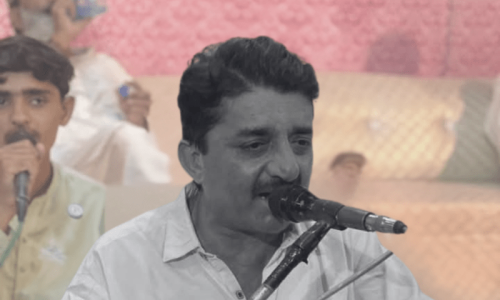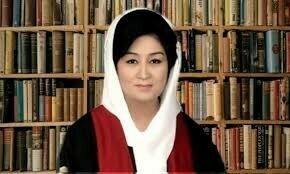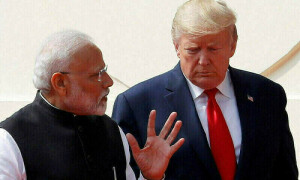KARACHI, Oct 25: With heart diseases attaining an epidemic proportion in the region, senior doctors at the Karachi Institute of Heart Diseases have started to attach great importance to a non-invasive cardiac therapy for patients who are no longer fit to undergo a coronary artery bypass grafting or coronary angioplasty.
After providing the new therapy known as extracorporeal or angiogenesis to about 40 patients with advanced coronary artery disease, surgical and interventional options for whom had already been exhausted, the senior surgeons and key researchers involved in the process claimed at a seminar on Saturday that they had been able to see mark improvement in the clinical condition among 70 per cent of the patients.
The technique, which is quite new in the subcontinent, is, according to the doctors, based on the application of extracorporeal sound waves to an area of those heart muscles which are not working properly on account of blocked arteries.
Prof Abdul Samad, the executive director of KIHD, said the treatment given on an experimental basis initiated development of collateral arteries in the affected areas, increasing the supply of blood to the ischemic area of the heart and improving its myocardial perfusion.
He said the medical treatment involving the application of low-energy shock for inducing angiogenesis offered an exciting opportunity to researchers looking for a substitute for coronary bypass grafting or coronary angioplasty.
“In view of the preliminary results of the research, I can say that the additional therapeutic technology which has already been approved by researchers and cardiac health professionals in about a dozen countries is a hope for the ‘no-hope patients’,” he said.
Dr Zahid Rasheed of the KIHD said a small computerized German-made device had been put on trial about eight month back at the KIHD, and it was a safe procedure not involving any medication or anesthesia, having no side-effects or rise in cardiac enzymes reported so far. About 2,700 impulses were applied to the ischemic area in nine sessions stretched over three months.
Sharing the outcomes of the research with the audience, Prof of nephrology Waqar H. Kazmi, principal of the Karachi Medical and Dental College and head of the research project, said the management of patients with advanced coronary artery diseases was a major challenge for the cardiologists and cardiac surgeons and as such the new angiogenesis therapy promised reduction in the sufferings of heart disease patients.
He said the subject for the study was selected from patients who attended out-patient clinics at the KIHD and had end-stage coronary artery diseases. They were adults and untreatable by conventional procedures. The clinical characteristics of patients treated were compared at three months follow-up against the baseline, he added.
A pilot study was performed on 14 patients who fulfilled the inclusion criteria of the study, out of whom 85 per cent were male with the mean age of about 56 years, undergone bypass grafting or angioplasties, having complaints of diabetes, hypertension or serum cholesterol.
The study in question showed that the extracorporeal application of low-intensity shockwaves to the ischemic myocardium in patients with advanced CAD improved symptoms significantly at a three months follow-up, compared to the baseline, Prof Kazmi concluded.
Prof S. M. Rab, the chief guest of the seminar, appreciated the results of the new and experimental therapy, but also called for expanding the research base by involving at least 100 patients.
For any procurement of machine, there is always a need for a generalization of the relevant result or the success story on the larger segments of patients in the redo phase, and he personally felt that it was in the interest of both the medical institutions and the patients that effectiveness of the procedure and the safety of the technique for the patients having no treatment options should be assessed and known on a foolproof basis, he remarked.
Dr Haroon Imtiaz, KIHD’S deputy director, Prof Ishaq and Dr Riffat Sultana also spoke.
















































Dear visitor, the comments section is undergoing an overhaul and will return soon.